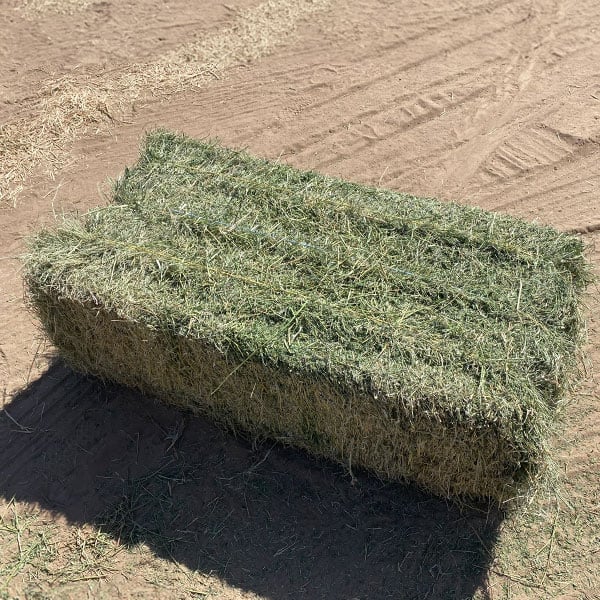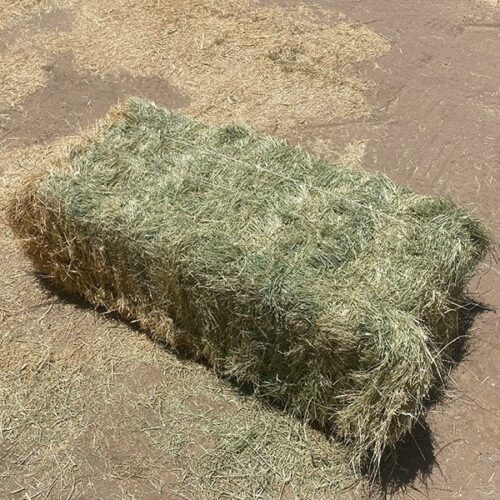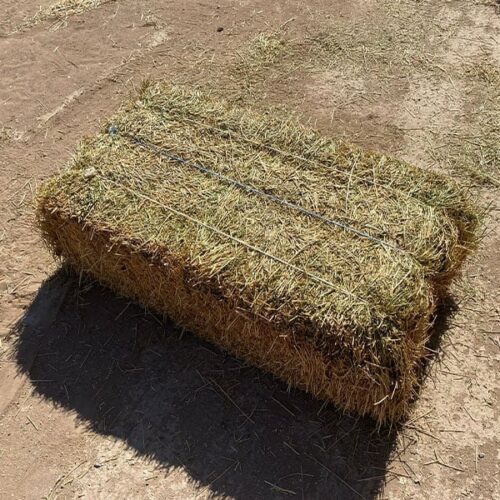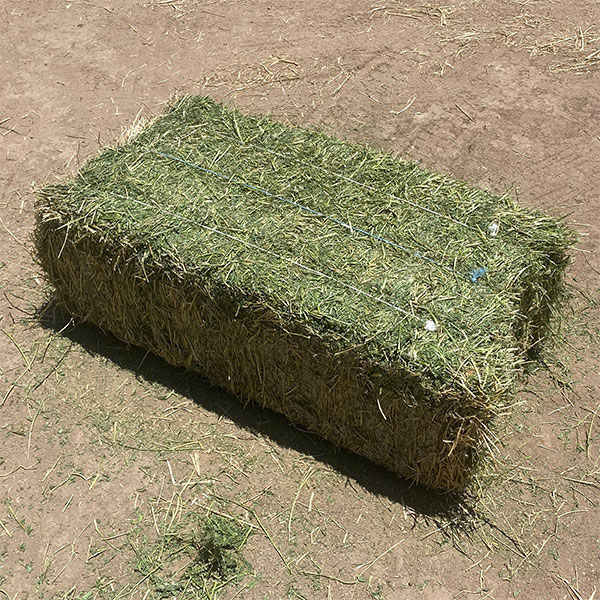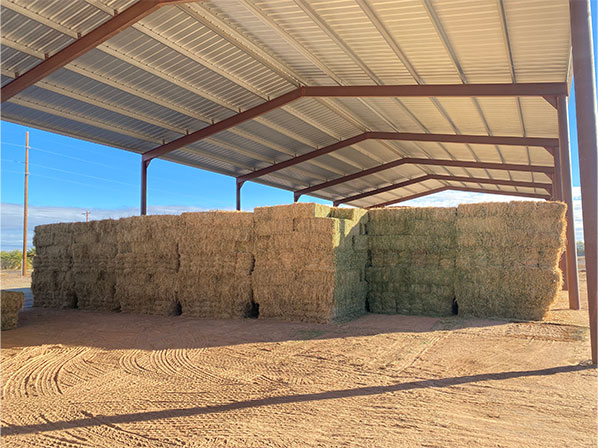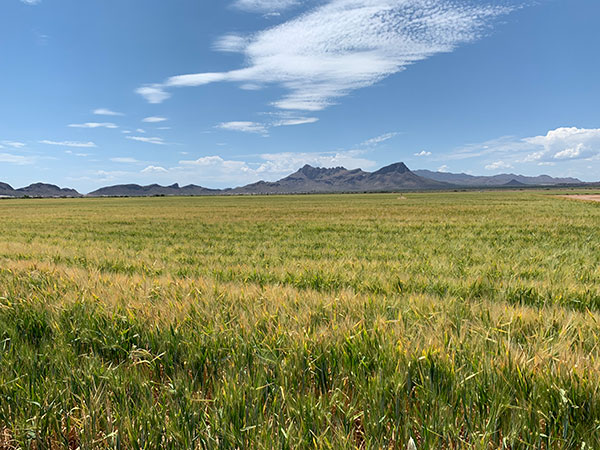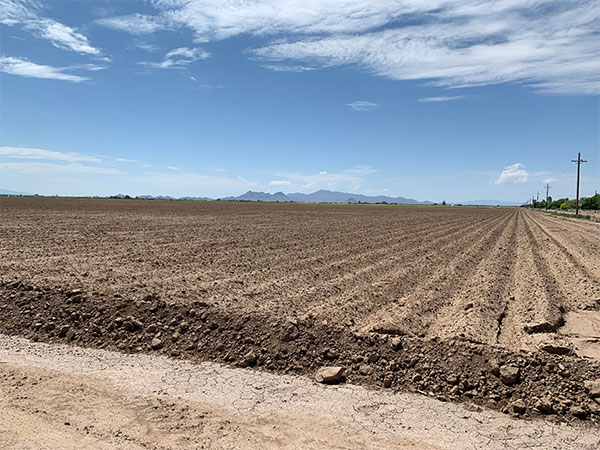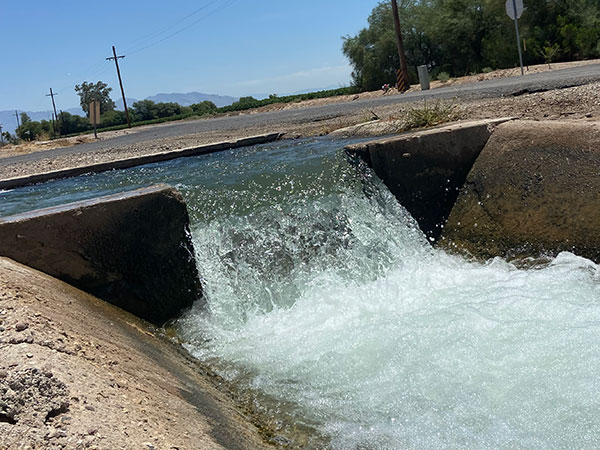- 3 String Bale
- 100-120 lbs.
- Horses, Goats.
- Mix of Alfalfa / Bermuda
50/50 Mix Hay
$20.50
Out of stock
Out of stock
Description
A 50/50 mix of alfalfa and Bermuda grass hay, where both types of hay are present in equal proportions, combines the nutritional characteristics of both forages. Here’s a general idea of the nutritional value of such a mix:
- Protein: A 50/50 alfalfa and Bermuda mix hay typically contains a moderate protein content, usually around 10-15% protein. This protein level can be suitable for many livestock animals, including horses, cattle, sheep, and goats.
- Fiber: The fiber content in this mix can vary but generally falls within the range of 25% to 35%. Bermuda grass contributes to the fiber content, while the alfalfa portion typically has lower fiber levels.
- Energy: The energy content in this mix is typically moderate and depends on the carbohydrate content, which is influenced by the proportions of the two types of hay.
- Calcium and Phosphorus: The calcium-to-phosphorus ratio in this mix will be influenced by the ratio in each type of hay. Alfalfa is higher in calcium, while Bermuda grass typically has a more balanced ratio. In a 50/50 mix, the calcium-to-phosphorus ratio should be closer to a balanced level, making it more suitable for adult animals.
- Vitamins and Minerals: The vitamin and mineral content of the mix will be influenced by both alfalfa and Bermuda grass. Both forages provide essential vitamins and minerals.
A 50/50 mix of alfalfa and Bermuda grass hay is often chosen to strike a balance between the protein and calcium content of alfalfa and the fiber and calcium-to-phosphorus ratio of Bermuda grass. This mix can be suitable for a variety of livestock, including horses, but it’s important to consider the specific nutritional needs of your animals and adjust their diet as necessary.
As with any hay, the exact nutritional value can vary based on factors such as the growing conditions and the stage of maturity at harvest. To ensure your animals receive the appropriate nutrition, it’s recommended to consult with a veterinarian or livestock nutritionist to create a feeding plan tailored to the needs of your animals.

